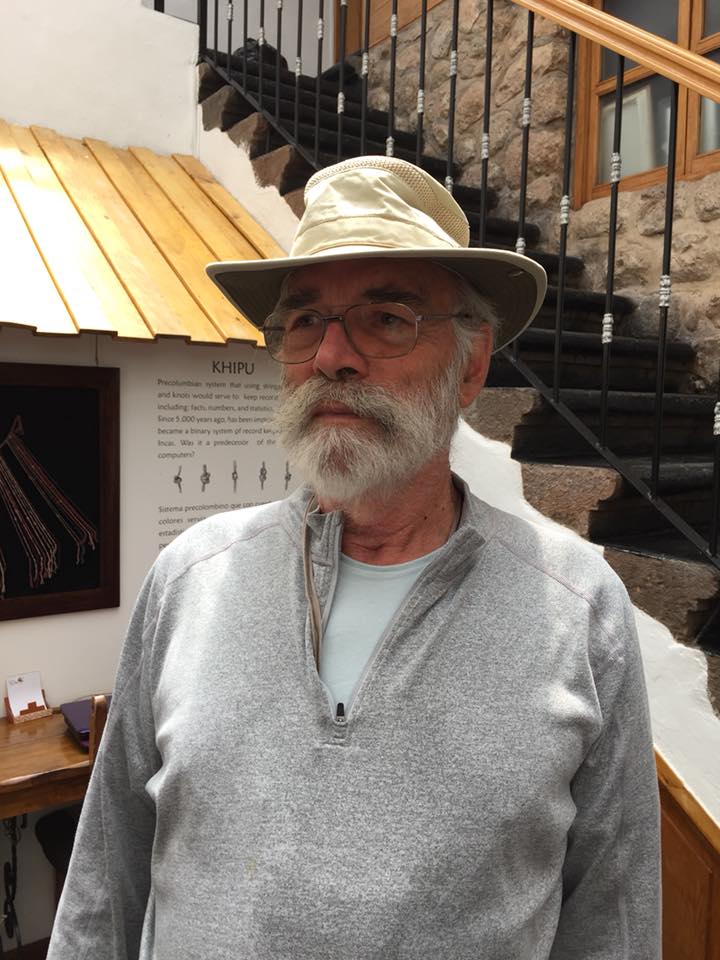Since I’ve come to Peru, I’ve seen so many donkeys. Some working, some just standing around munching the after-harvest stubble. I like the shaggy ones because they don’t pretend to style. And I like the grey ones with prominent crossing stripes because they do.
I’ve tasted the saltiest water on Earth. Warm, totally saturated with saltiness. It overwhelms my mouth then diffuses to an almost tolerable level. I didn’t take a second taste.
I’ve learned that poverty in a rural community does not mean homelessness as it does back home. Maybe it’s family and community ties, along with less mobility that makes it this way. In Peru it’s not illegal to be poor.
I’ve been reminded that the Inkas are relatively recent., which make me wonder all the more about the cultures that they conquered and absorbed. The beauty of their unadorned architecture is stunning and their skill at engineering and design is something to be admired. But, just and the Spaniards suppressed and tried to disassemble the Inka, I’ve learned that the Inka did the same to those that came before them.
I’ve heard the wind sighing through long-abandoned stone homes. Is that the same sound the mothers, fathers and children heard as they lay on dry grass mattresses, covered by Alpaca wool blanket, smelling the incense of the last dying embers of the evening fire? Is that the same sound mother heard as she awoke to stir those embers back to life, the children still deep in slumber? Is that the same sound father heard as the sun broke over the mountain as he headed up the mountain to chip stone blocks? Are those the same stone blocks I touch now?
—Glen Brown, Santa Cruz, CA

